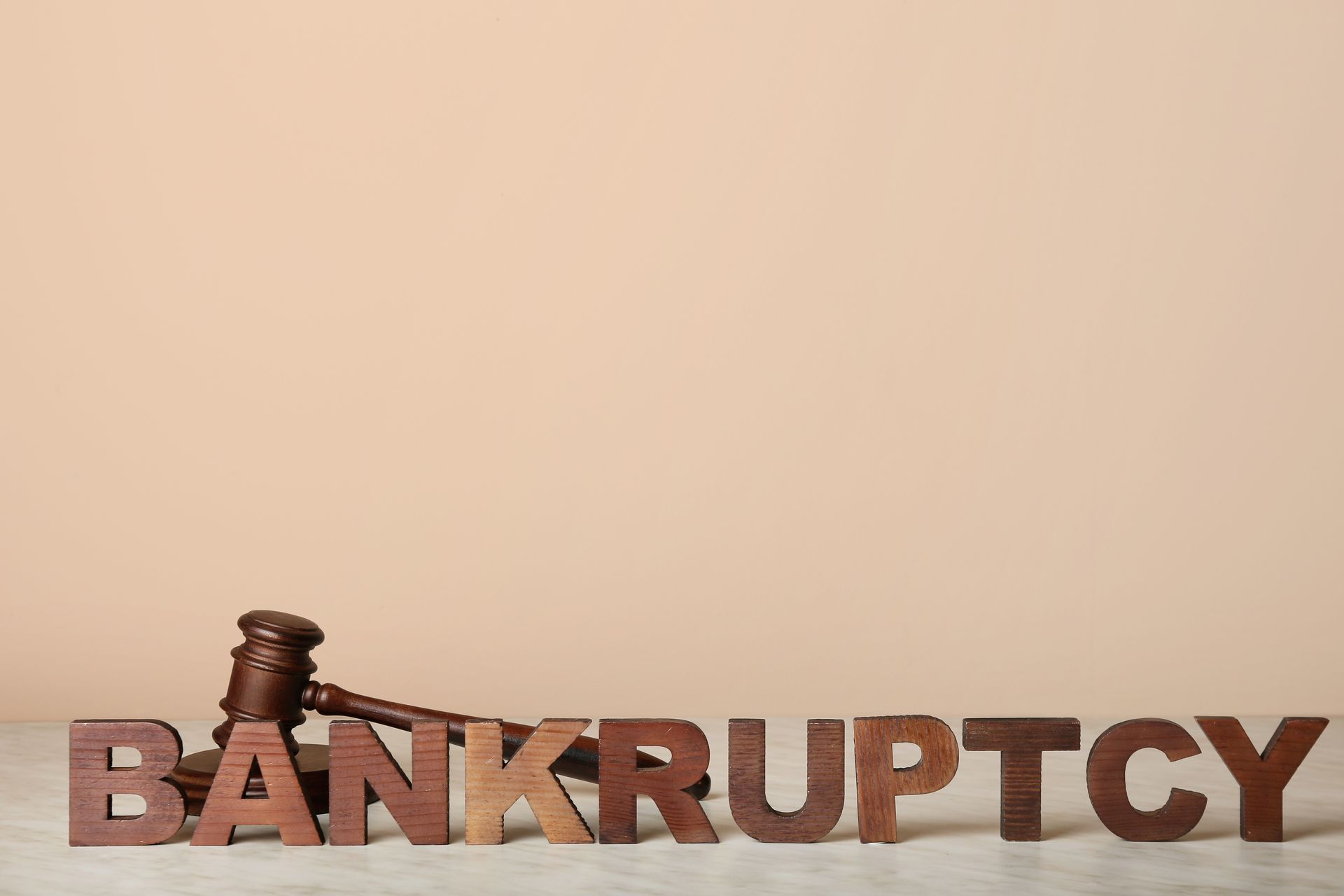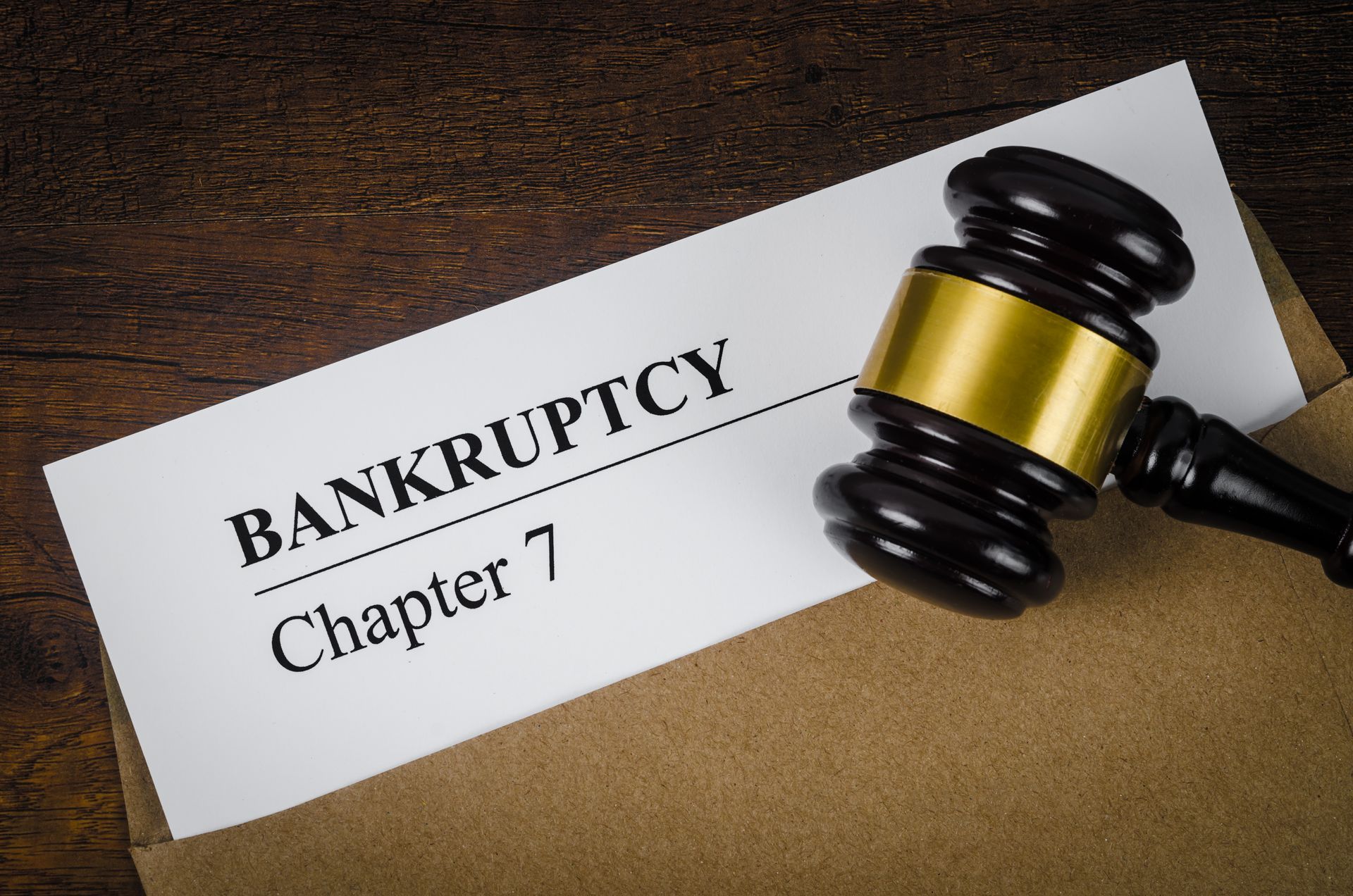How to Qualify for Chapter 7 Bankruptcy in New Jersey
How to Qualify for Chapter 7 Bankruptcy in New Jersey
If you're overwhelmed by debt and looking for a way to regain control of your finances, Chapter 7 bankruptcy may be an option. Often referred to as “straight bankruptcy” or “liquidation bankruptcy,” Chapter 7 allows eligible individuals to eliminate most unsecured debts and get a fresh start.
At Stuart M. Nachbar, P.C., we help individuals across New Jersey understand whether they qualify for Chapter 7 and guide them through the process. Here's what you need to know if you're considering filing in New Jersey.
What Is Chapter 7 Bankruptcy?
Chapter 7 is a legal process designed to help people eliminate certain debts they can no longer afford to repay. Once the case is successfully completed, qualifying debts—such as credit cards, medical bills, personal loans, and collection accounts—are discharged, meaning you're no longer legally required to pay them.
Unlike Chapter 13 bankruptcy, there’s no repayment plan in Chapter 7. However, you must meet certain eligibility requirements before filing.
Step 1: The Chapter 7 Means Test
The most important factor in determining eligibility for Chapter 7 is the means test, a formula used to compare your income to the median income in New Jersey for a household of your size.
How It Works:
- If your monthly income is below the state median, you automatically pass the means test and can file for Chapter 7.
- If your income is above the median, additional calculations will determine whether you have enough disposable income to repay your debts through a Chapter 13 plan instead.
2025 Median Income Estimates (Subject to Updates):
- 1-person household: approx. $77,000
- 2-person household: approx. $93,000
- 3-person household: approx. $115,000
- 4-person household: approx. $135,000
Note: These figures are adjusted periodically. An attorney can help calculate your eligibility based on updated income limits and your specific financial data.
Step 2: Review of Income and Expenses
Passing the means test isn’t the only requirement. Your actual income, expenses, and financial obligations are reviewed to confirm that you are not able to repay your debts. This includes:
- Monthly income from all sources
- Rent or mortgage obligations
- Utility costs
- Food, transportation, and healthcare expenses
- Family size and dependents
If your disposable income is low enough after accounting for allowable living expenses, you likely qualify for Chapter 7.
Step 3: Asset and Property Review
Chapter 7 may involve liquidating non-exempt assets to pay creditors, but most New Jersey filers keep all of their property by using federal or state exemption laws.
Commonly Protected Assets:
- Equity in a primary residence (with limits)
- Vehicles (up to a certain value)
- Retirement accounts
- Household goods and clothing
- Tools of the trade
- Public benefits and wages (to a degree)
Choosing between New Jersey exemptions and federal bankruptcy exemptions can impact what you’re able to keep. A review of your property helps determine how to file while minimizing loss.
Step 4: Mandatory Credit Counseling
To file for Chapter 7, you must complete a pre-bankruptcy credit counseling course through an approved agency. This course usually takes about 90 minutes and must be completed within 180 days before filing.
Step 5: Filing with the Bankruptcy Court
Once you meet the income and eligibility requirements and complete the counseling session, your bankruptcy petition can be filed with the U.S. Bankruptcy Court for the District of New Jersey. Upon filing, the automatic stay goes into effect—immediately stopping creditor collection efforts, lawsuits, wage garnishment, and foreclosure proceedings.
Who Should Consider Chapter 7?
You may benefit from Chapter 7 bankruptcy in New Jersey if:
- You have high unsecured debt like credit cards or medical bills
- You’re being sued or facing wage garnishment
- You’ve fallen behind on bills with no realistic way to catch up
- You don’t own significant assets that could be at risk
- You want a fast resolution (most cases close in 4–6 months)
Who Might Not Qualify?
You may not qualify for Chapter 7 if:
- You earn too much income and don’t pass the means test
- You filed Chapter 7 within the past 8 years
- You have assets you wish to protect that aren't covered by exemptions
- You have debts that cannot be discharged (such as child support, most taxes, or student loans)
In these cases, Chapter 13 bankruptcy may be a better fit.
Need Help Determining If You Qualify?
Filing for bankruptcy is a significant legal decision—but with the right guidance, it can be a clear and manageable process. At Stuart M. Nachbar, P.C., we help clients determine if they qualify for Chapter 7 and explain their options with clarity and honesty.
If you’re ready to stop the cycle of debt and take back control, we’re here to help.











